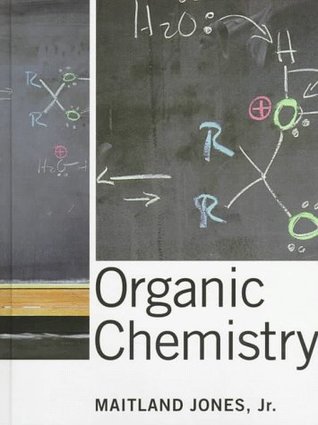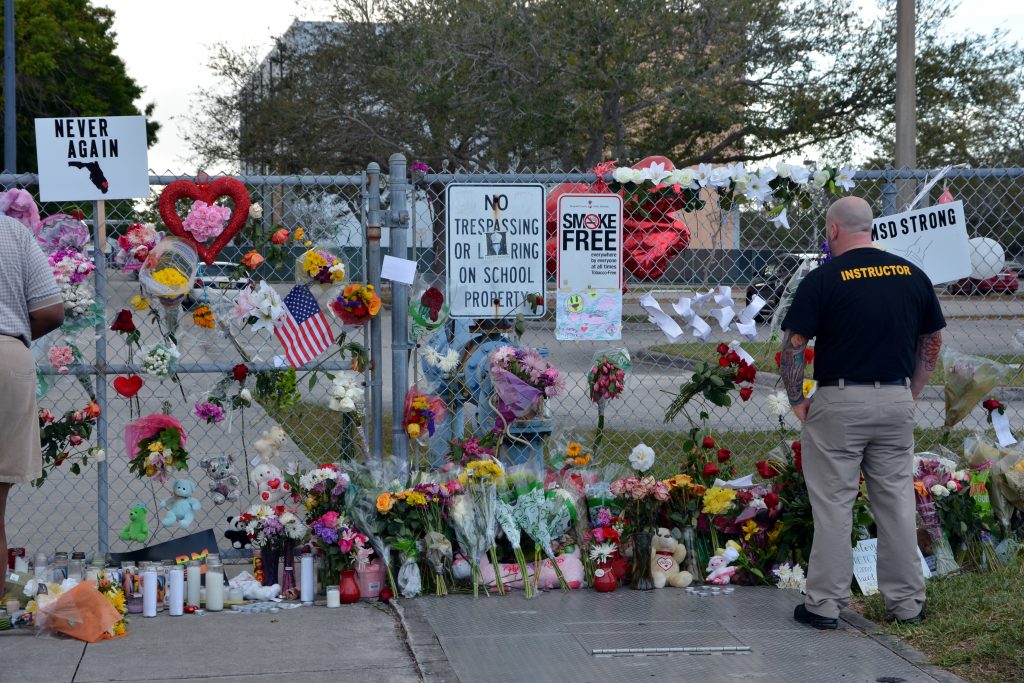By Nancy M. Scuri
Campus News
Earlier this month, The New York Times reported on the dismissal of a professor. This is not usually newsworthy, but in this case, the instructor in question was Dr. Maitland Jones Jr., a professor who previously taught organic chemistry at Princeton University and wrote a textbook (Organic Chemistry) that is still in use. He’s also credited with bringing new methods of teaching the subject into common use through problem solving as opposed to memorization. While at New York University after retiring from Princeton, Dr. Jones was a popular instructor voted by students as one of NYU’s “Coolest Professors.” So, what happened?
After COVID restrictions were lifted, and students returned to campus, Dr. Jones and his colleagues noticed that the students were struggling more that they had pre-COVID. The department attempted to provide extra help in the form of taped lectures and modified exams, but the students did not feel it was enough, and circulated a petition to address their concerns. The university responded by offering to review grades and allow failing students to retroactively withdraw from class. They also advised Dr. Jones that his teaching contract at NYU would not be renewed. This last action took the students by surprise, as they had not requested that the professor be fired.

The students claimed that the professor was “condescending” and was not supportive. Colleagues of Dr. Jones publicly stated that they felt the university was putting their “Best Universities” ranking ahead of scholarship. Dr. Jones, in his written response to the termination, cited lack of attendance, failure to watch recorded lectures, and the students’ unwillingness to make use of the assistance that was available to them. He also expressed concern about the way that students were struggling with basic study and test-taking skills. So, who was right?
I recently spoke to Dr. James Prego, who holds a medical degree in naturopathic medicine, is an Adjunct Professor of Allied Health Sciences at Nassau Community College and teaches at Long Island University as well as Molloy University. He gave his thoughts on the controversy. (The interview has been edited for clarity and length.)
What, if anything, do you find disconcerting about NYU refusing to renew the contract of Dr. Jones?
This touches upon a bigger problem with how colleges and universities treat adjuncts. We are often treated as “disposable.” We get paid less and get little to no benefits, no seniority or security in our jobs. I am sure if he was a full professor at NYU, there would be systems and mechanisms in place to prevent him from simply being “let go.” To me, it’s also a bad look to get rid of such a distinguished professor on what seems like a whim.
Have you run into issues with large percentages of students having problems with classes in your department? If so, what happened and how was it resolved?
Never large percentages, but I have run into a few incidents when a vocal minority would bring complaints. After one such meeting at a college I taught at in the past, the chair told me that none of the student’s complaints were valid, but because the students didn’t like the “tone” I set in the class, the chair took all but one of my classes away and said, “I’d fire you if you weren’t such a good professor.”
What kind of changes have you seen in pre vs. post COVID classes/students?
It seems to me, at least in some respects, that since the pandemic, some students aren’t as dedicated to the coursework, yet still expect to get good grades because “I always got good grades.” I have even had a few students try to send me their past transcripts to “prove” they should have a better grade in my course because they got good grades in different courses in the past. I have also found more lack of basic preparedness, like in labs, since coming back to in-person. This makes it much harder to teach the material.
What are your thoughts on “make or break” classes like organic chem for pre-med students?
I don’t think a course should be hard for the sake of being hard. However, some material/courses are vital and important to understand. Some courses are also pretty complex. I believe courses should have the rigor they need for learning to occur. I notice a big problem, however, is that college students tend not to focus on understanding and incorporating the material into the way they think. They think learning is just memorization and getting good grades. It would be good if we could use techniques to get students to be interested in actual understanding and integration instead of just cramming information for an exam and then forgetting it. All the classes I teach are either foundational or use material from other prerequisite classes – and in those I find it to be uncommon for students to know and understand the material from previous courses that they supposedly did well in.
What advice would you give a community college student to help them prevent having issues with their classes?
Most high schools do not prepare students for college. I experienced this when I started my undergraduate studies. I had been top of my class in high school, but I didn’t have to put much effort into it, and the focus is on the teachers to force the students to learn, so it took me a couple of years to really understand how to be a good college student. In college, the responsibility is now on the students. It takes time to learn how to study and time manage well. I have a two-page document I give to all my students on how to succeed in my courses, but I know for a fact it is not often followed. Students shouldn’t see courses, and college in general, as something to “get through.” They really need to see it as the opportunity to expand their thinking and understanding of the world around them.
Nancy Scuri is a freelance writer and editor with over fifteen years of teaching experience at the college level. You can reach her at www.nmscuri.com.







Facebook Comments